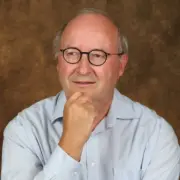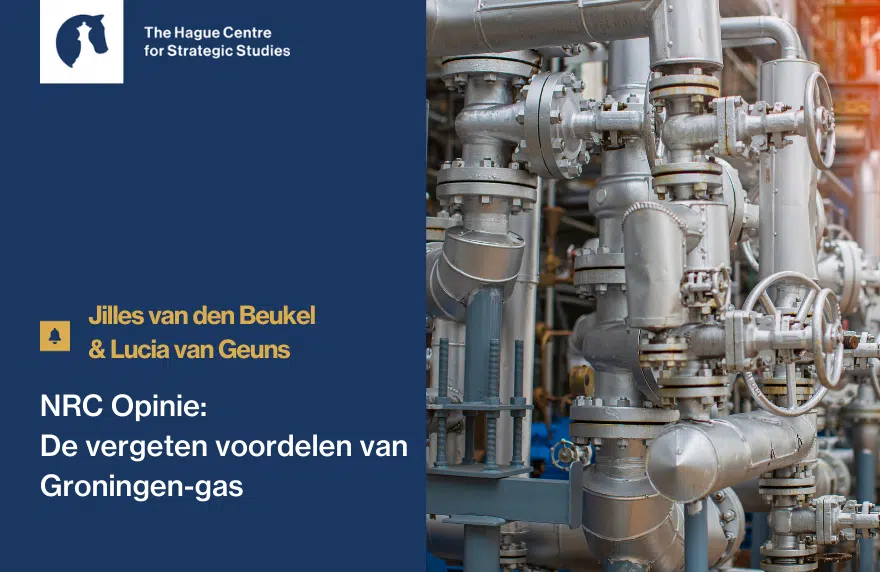Reducing the use of fossil fuels is necessary to address climate change. But for national security reasons it seems difficult to rid ourselves of coal, oil and gas. So, can it be done? And should policy focus on fossil fuels, or use generic climate policy instruments? Different academic perspectives co-exist on this controversial topic. On March 23rd, this Spring’s edition of the TU/e | EIRES EnergyDays brought several of these together to discuss whether – and how – we can end fossil fuels.
HCSS energy specialist Jilles van den Beukel spoke on “The role of fossil fuels in the Netherlands: past, present and future” (starting at 43 minutes in the video below).
Chapters:
- 0:00 Word of welcome by Heleen de Coninck, Eindhoven University of Technology & Radboud University Nijmegen
- 05:42 Topic: IPCC Synthesis report on fossil fuels – Speaker: Detlef van Vuuren | PBL Netherlands Environmental Assessment Agency & University of Utrecht
- 43:00 Topic: The role of fossil fuels in the Netherlands: past, present and future – Speaker: Jilles van den Beukel, Energy specialist, The Hague Centre for Strategic Studies
- 1:33:00 Topic: Swimming upstream? Opportunities and challenges for international cooperation on leaving fossil fuels in the ground – Speaker: Harro van Asselt, University of East Finland
- 1:56:00 Topic: Carbon takeback obligation; putting the brakes on fossil fuels – Speaker: Margriet Kuijper, Carbon management consultant
- 2:21:30 Panel Discussion with Detlef van Vuuren, Jilles van den Beukel, Harro van Asselt, Margriet Kuijper and Christina Papadimitriou
- 2:45:40 Closing reflection | with Robert-Jan Smits and Heleen de Coninck
EnergyDays is organized every quarter of the year and are open for anyone interested in the latest developments in societal energy issues. EnergyDays focusses on a specific aspect of the present energy and climate discussion. Different keynote speakers from academia and industry will present their views, solutions and outlooks on the topic. The motto of EnergyDays is to stimulate the audience to broaden their vision on energy and climate.







